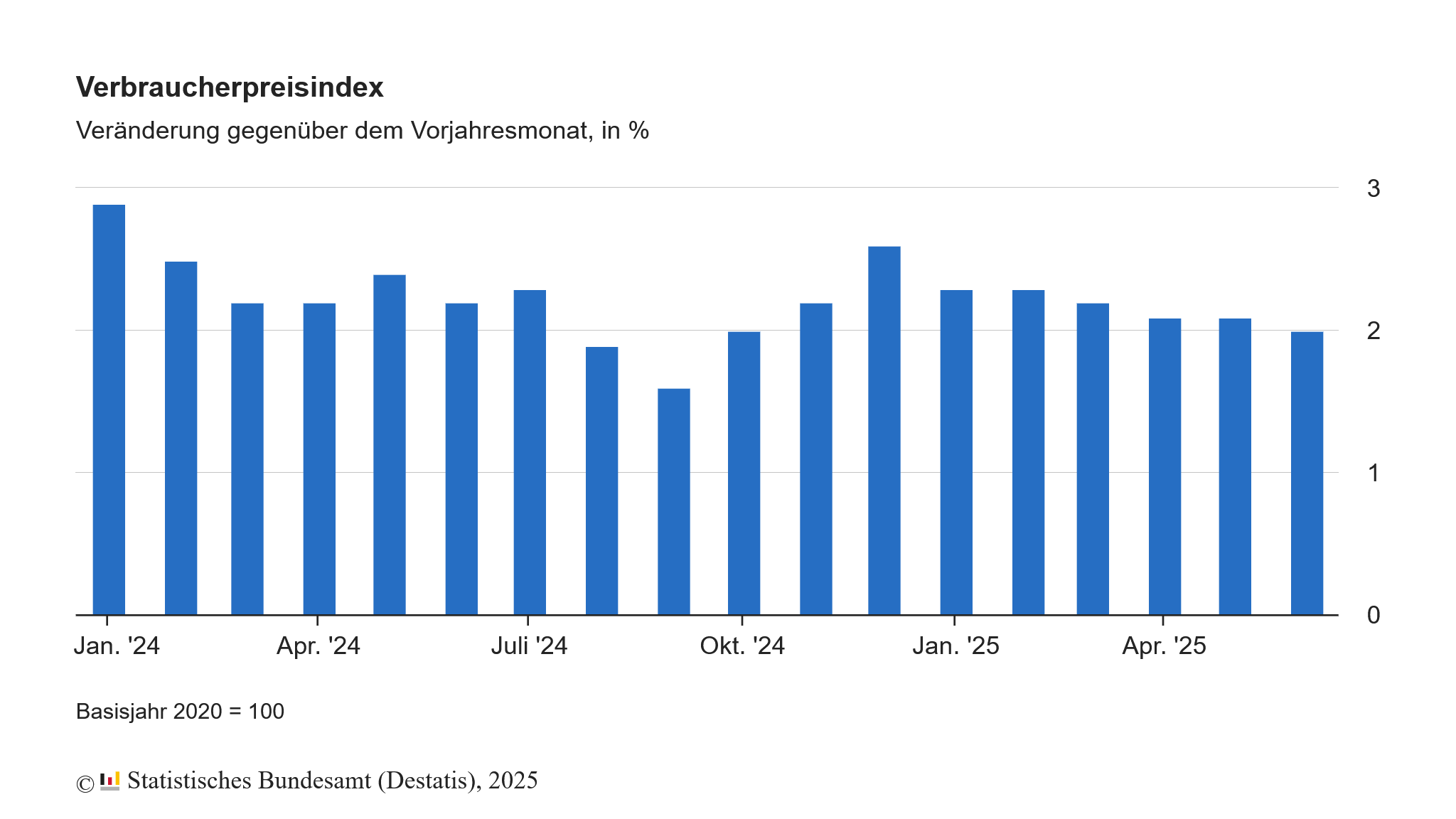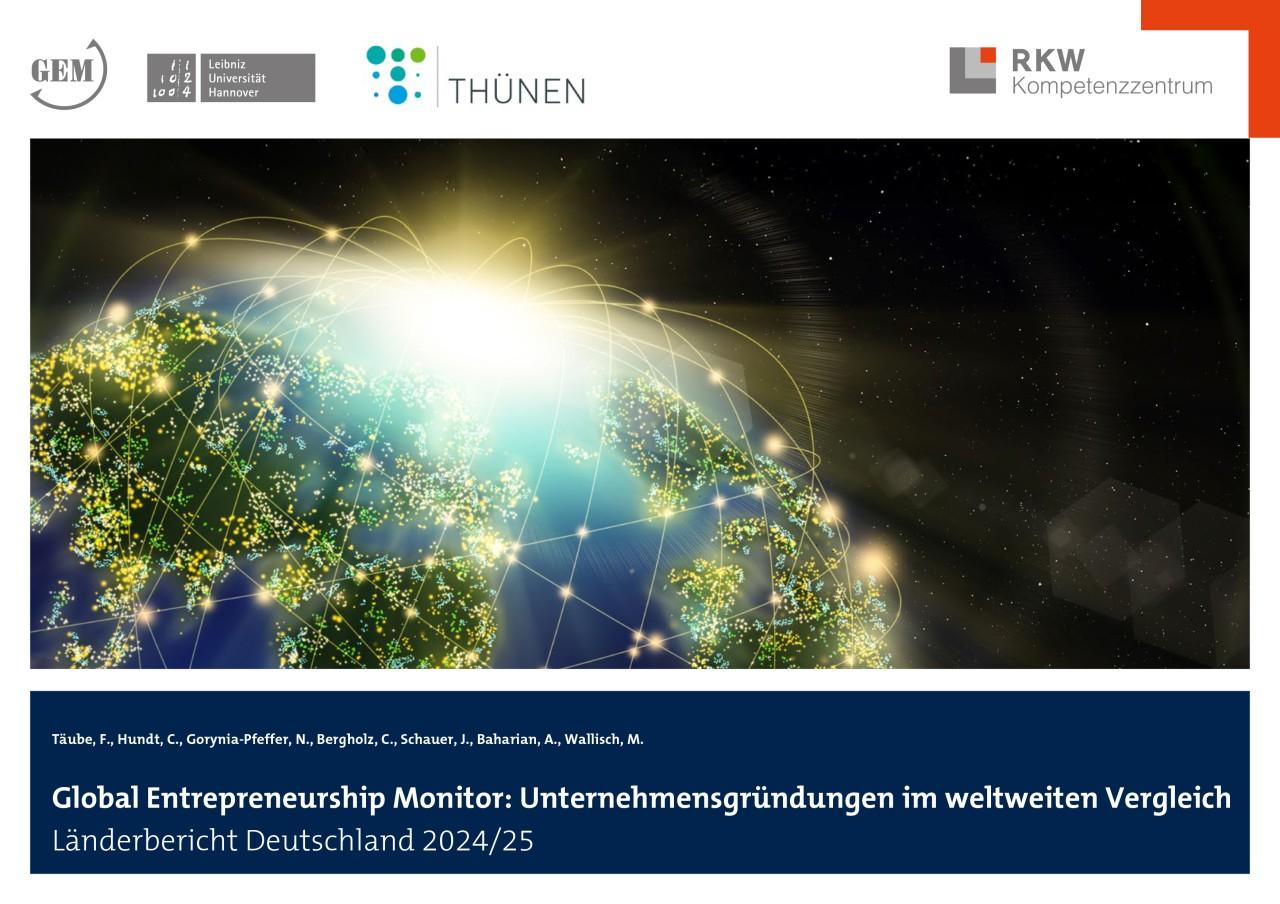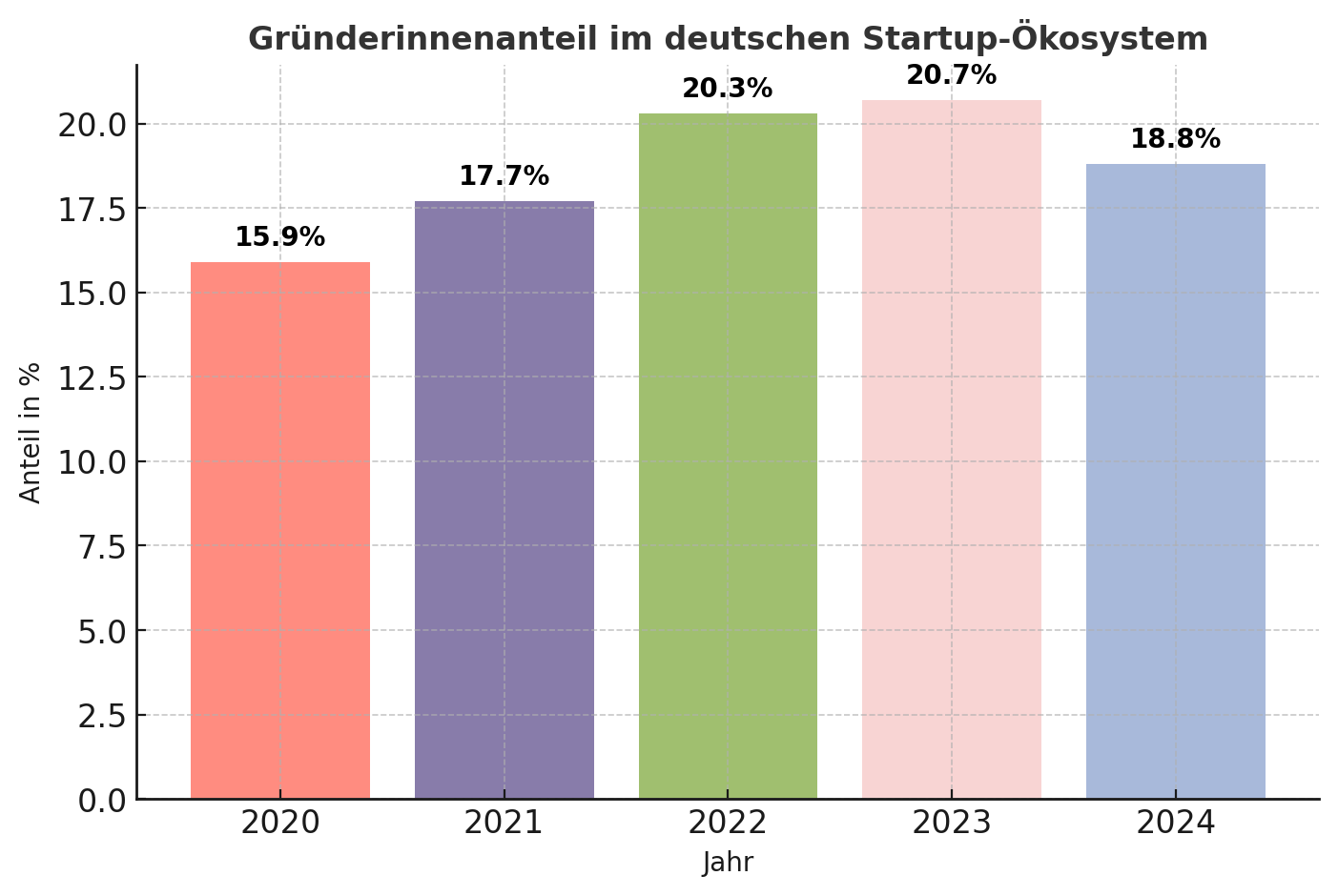Why Rebuy boss Philipp Gattner is pushing for a new law

As a provider of recycled products, Rebuy actually has it pretty good. But now the EU has postponed a law that the start-up had long hoped for.
For a long time, it looked as if Rebuy would be able to pop the champagne corks in November. But then the EU Commission announced that it would not be presenting its legislative proposal for a so-called "right to repair" until next year - it is unclear exactly when.
Yet a Europe-wide law would be so important, says Rebuy boss Philipp Gattner. After all, the regulations would probably massively strengthen the market for second-hand products. And this is precisely where Gattner's company operates.
Among other things, Rebuy buys electronic devices or media from private individuals, upgrades these devices - and then resells them at a higher price. "Grading" is what they call the process in which they replace the broken display of a smartphone, for example. And there is a problem with this grading: because some manufacturers either don't have any spare parts available - or don't want to work with Rebuy - they have to make their own spare parts in the repair centers. Although this often works very well, says Gattner, it is time-consuming. "For example, many smartphones are glued together in such a way that they are very difficult to repair," explains the CEO.
Manufacturers should keep spare parts in stock
The EU law, which has now been postponed, is intended to bring about a major change. Among other things, the EU wants to use it to make it easier to repair products. It is still unclear exactly what it will contain, but at least the EU Parliament's wish list is already long. Consumers should be informed about the costs of spare parts at the point of purchase and receive information on whether their new smartphone can be repaired at all, for example. Independent workshops should also have access to product and repair information from manufacturers. The EU parliamentarians also want manufacturers to provide standardized spare parts for a reasonable period of time.
It is a legislative project that is intended to move away from the throwaway society. The signs in Europe are pointing towards a circular economy, and no longer just for plastic bottles, cans and building materials, but also for consumer and electronic goods. This is because the volume of waste is increasing worldwide year on year. The European law would be perfect for start-ups like Rebuy.
The company itself clearly shows that the topic of sustainability is already becoming more of a focus, at least among consumers. "Even when I joined Rebuy in 2015, the circular economy was still a foreign concept for many people," recalls Gattner. "Back then, we were still referred to as an online junk shop - today we are considered a pioneer of the circular economy. But we still essentially do the same thing - we just do everything two levels more professionally." For many years, for example, second-hand was seen as something slightly dirty, but now it is becoming a trendy topic. When buying a car, it has long been normal to buy a used car, second-hand fashion is becoming increasingly popular and expensive, used books are often already available in bookcases in large cities - so why shouldn't it also work with many other goods? "We benefit greatly from the fact that all of this is increasingly becoming a trend topic," says Gattner.
Rebuy has ambitious goals
Rebuy now has 550 employees spread across five locations in Europe. According to its own figures, Rebuy was in the black for the first time in 2017 and turnover is now expected to exceed 180 million euros. The recommerce market, as the business with second-hand items is called, continues to grow.
Rebuy's plans are ambitious. "We are aiming for double-digit annual growth with increasing profitability," says Gattner. This has already worked in recent years. Now the start-up is hoping for a tailwind from politicians so that it can take the next step. But for now, patience is the order of the day.
"Given the macroeconomic backdrop, i.e. the energy crisis, the tense supply chains and Russia's war in Ukraine, I can certainly understand why the EU Commission wants to give companies a bit of a break," says Gattner. Nevertheless, he seems a little disappointed. Because the EU should not give companies too much time, he notes. "We shouldn't just look at the short-term effects of such regulation; in the medium term, such a law will help us all." Because time is pressing in the fight against climate change. And both fewer electronic devices being thrown away and new ones being produced all the time could certainly help.
After all, even if it takes a while for the EU to introduce a right to repair, Gattner can still hope for the German government. The coalition agreement of the "Ampel" coalition states: "We will make the lifespan and reparability of a product a recognizable feature of the product characteristics (right to repair)". Since then, however, things have become rather quiet in Berlin on the subject.

Newsletter
Startups, stories and stats from the German startup ecosystem straight to your inbox. Subscribe with 2 clicks. Noice.
LinkedIn ConnectFYI: English edition available
Hello my friend, have you been stranded on the German edition of Startbase? At least your browser tells us, that you do not speak German - so maybe you would like to switch to the English edition instead?
FYI: Deutsche Edition verfügbar
Hallo mein Freund, du befindest dich auf der Englischen Edition der Startbase und laut deinem Browser sprichst du eigentlich auch Deutsch. Magst du die Sprache wechseln?


















